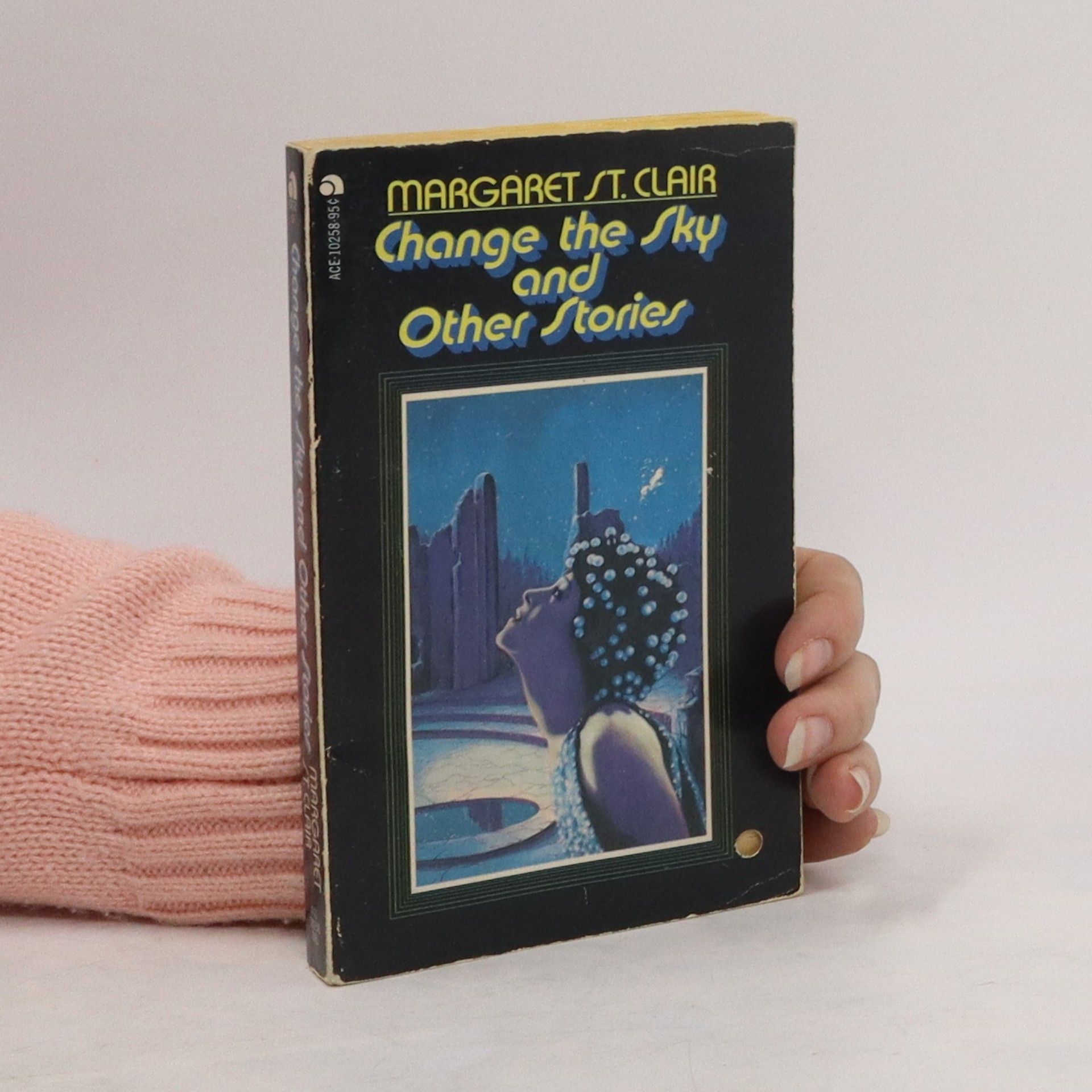Margaret St. Clair Bücher
Margaret St. Clair war eine amerikanische Science-Fiction-Autorin, die Themen wie Hexerei, Feminismus und die menschliche Psyche in ihren Werken erforschte. Ihr Schreiben zeichnete sich durch einen eindringlichen Blick auf die menschliche Natur und gesellschaftliche Strukturen aus, oft angesiedelt in ungewöhnlichen und zum Nachdenken anregenden Umgebungen. St. Clair widmete sich der detaillierten Darstellung von Charakteren und Ideen, was den Lesern tiefe Reflexionen über die Welt um sie herum bot. Ihr einzigartiger Stil und ihre kühnen Themen heben sie als bedeutende Stimme des Genres hervor.




The Margaret St. Clair Science Fiction MEGAPACK®
- 82 Seiten
- 3 Lesestunden
Margaret St. Clair was a prolific American author known for her contributions to fantasy and science fiction, particularly during the 1950s. With around 130 stories published in pulp magazines and eight novels, she played a significant role as a female voice in a predominantly male genre. Four of her novels were featured in the Ace Double series, highlighting her impact and recognition in the literary community, as noted by Eric Leif Davin in his exploration of women in the early science fiction landscape.
The Dolphins of Altair
- 188 Seiten
- 7 Lesestunden
Before the dawn of man . . .. . . there was a covenant between the land and the sea people - a covenant long forgotten by those who stayed on shore, but indelibly etched in the minds of others - the dolphins of Altair.Now the covenant had been broken. Dolphins were being wantonly sacrificed in the name of scientific research, their waters increasingly polluted, their number dangerously diminished. They had to find allies and strike back. Allies willing to sever their own earthly bonds for the sake of their sea brothers - willing, if necessary, to execute the destruction of the whole human race . . .